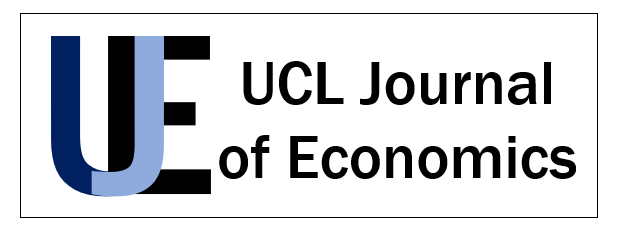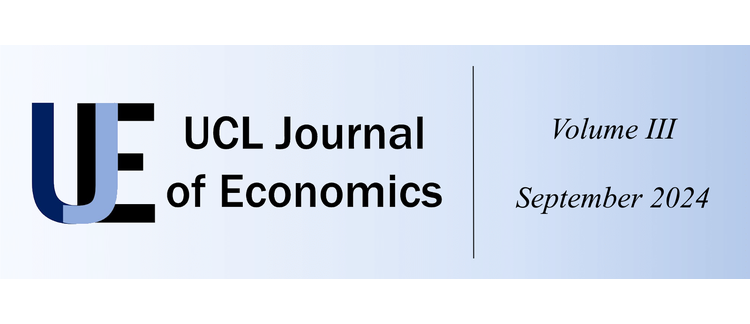Abstract
Political incentives often motivate adjustments to economic policy that coincide with elections, a phenomenon known as the “electoral cycle”. My paper studies this in the context of the Minimum Support Price (MSP) policy in Indian agriculture. I estimate a state and time fixed effects model for 28 Indian states from 2010-2023, finding significant rises in the effectiveness of MSP in the lead up to a scheduled election, indicating the presence of an electoral cycle. This finding is robust to different sets of control variables and complemented by an instrument for election timings. My results are consistent with theory on electoral cycles, which predicts more populist uses of economic policy just before elections. Furthermore, my paper adds to literature on electoral cycles in developing countries, a vital area in understanding the intersection between politics and development economics.
Keywords: Electoral Cycle, Minimum Support Price, Fixed Effects Model
How to Cite:
Gupta, A., (2024) “Paddy Politics: Is there an Electoral Cycle in India's Agricultural Policy”, UCL Journal of Economics 3(1). doi: https://doi.org/10.14324/111.444.2755-0877.1890
Downloads:
Download PDF
View PDF
1348 Views
142 Downloads

